When you purchase through links on our site, we may earn an affiliate commission.Heres how it works.
Here are some tips and tricks involving geography and positioning I picked up during my time with the game.
Smaller rivers are better than nothing.
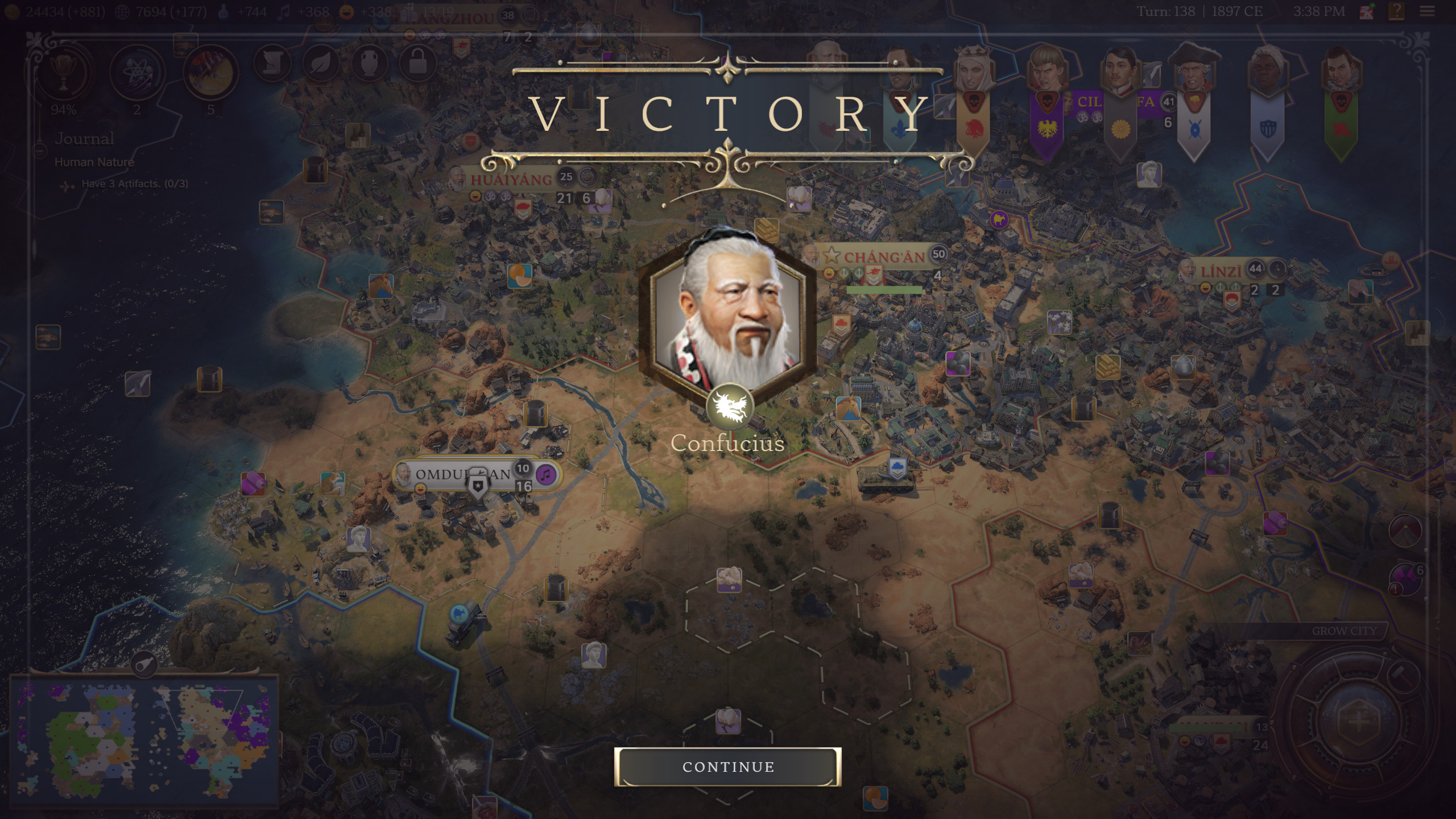
I’ve won a few games of Civ 7, and Confucius is great for a science path.
Bonus tip: Watch for Discovery Tiles that offer early bonuses.
They have a shimmering effect and some unique artwork on them.
Moving a scout (or other unit) to these tiles presents you with two perk options.
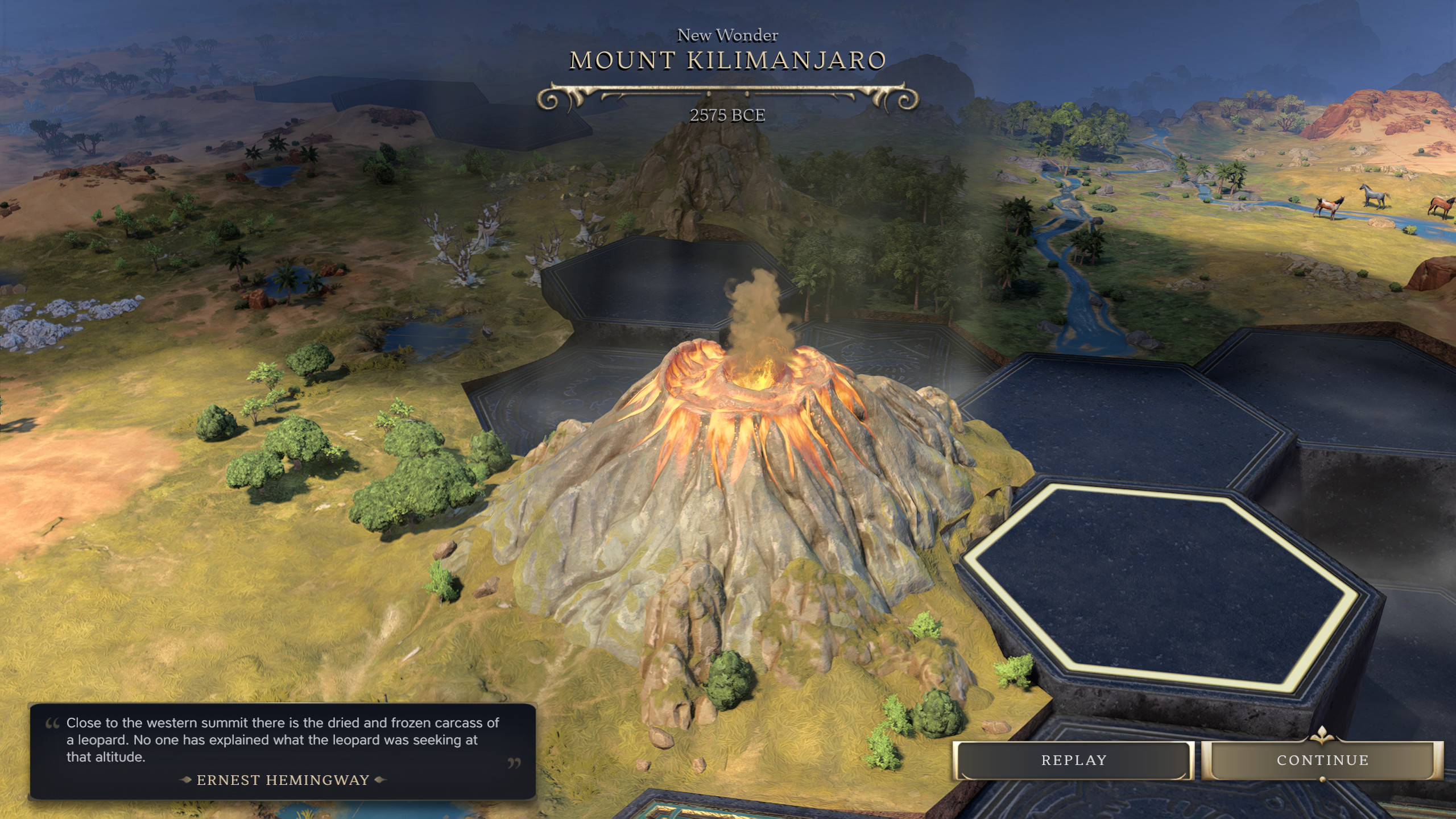
Natural wonders can provide a significant bonus to a nearby town.
I recommend settling at least one town on the East and West coasts of your home continent.
Keep in mind that any enemy settlements you capture come under your rule.
New resources appear in each age, further adding to the strategic angle.
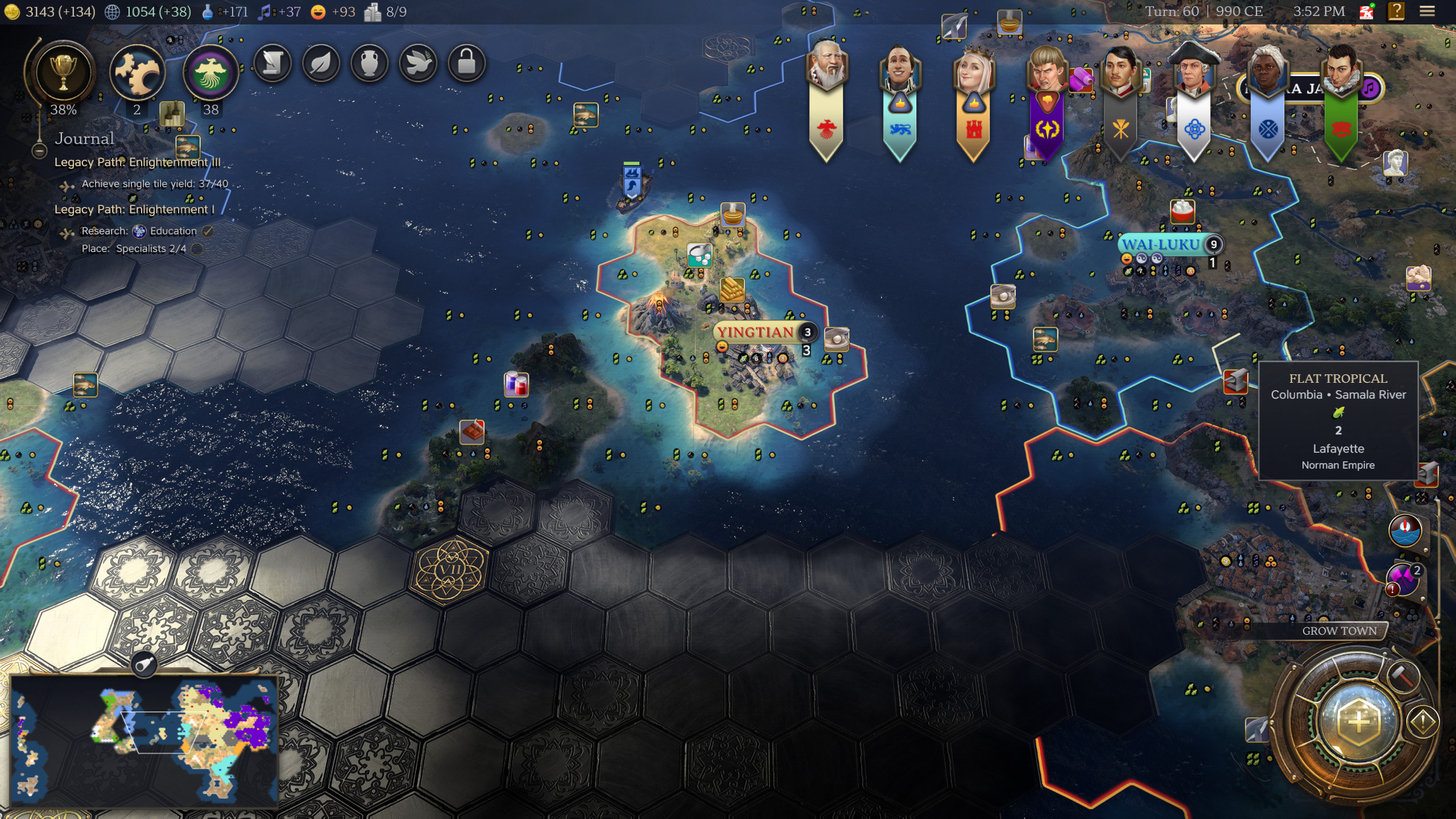
This small settlement has some strategic resources inside its borders.
That’s why it’s important to expand; you never know where they’ll show up.
That’s due to the Exploration Age’s “Treasure Fleet” mechanic.
One last tip: Camels are a very valuable resource that expands a city’s resource slot limit.
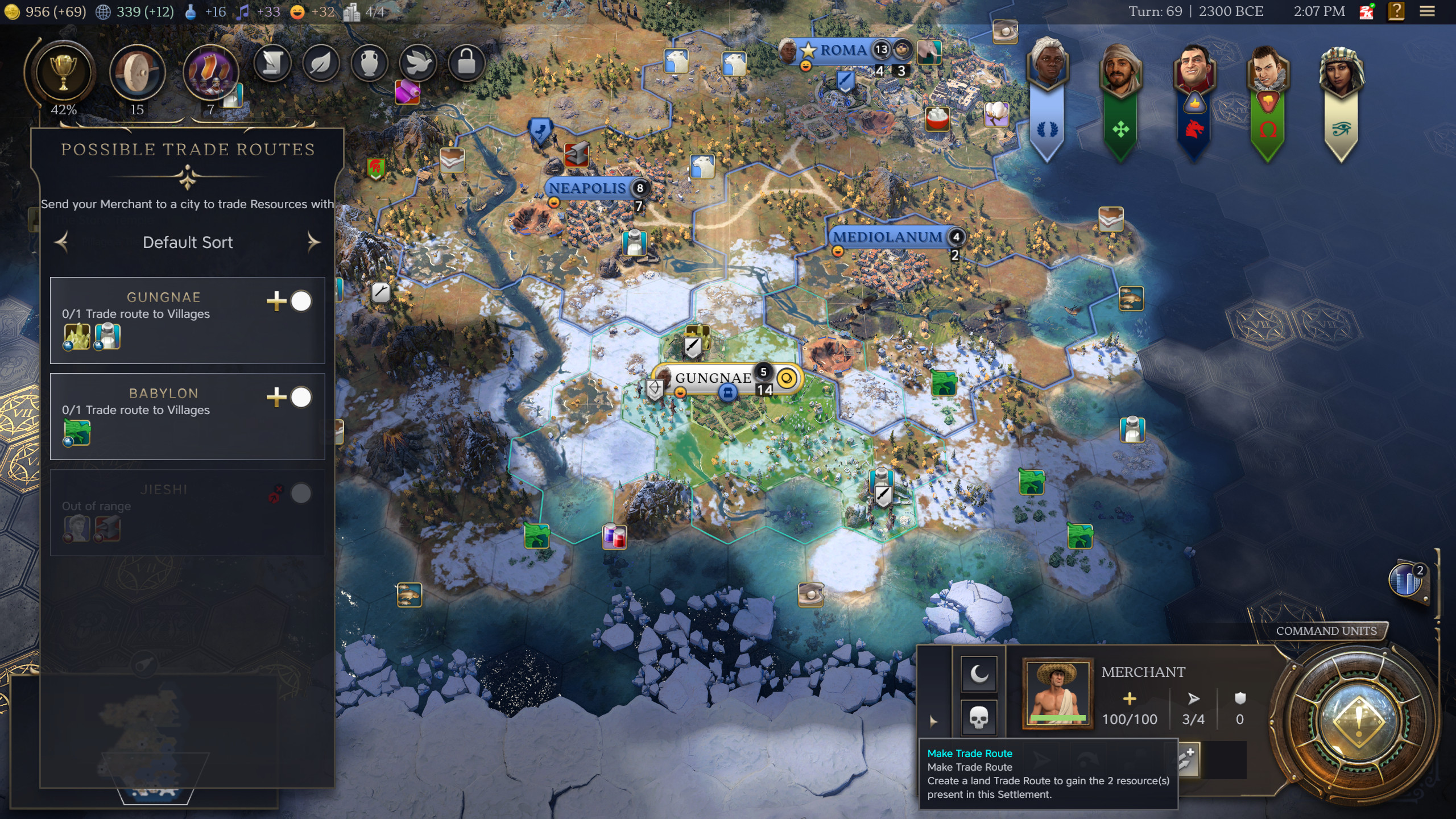
A look at the trader screen in which you can create trade routes.
Time to start trading!
Like Scouts, Traders must be manually moved to the city with which you want to trade.
Once your Trader has arrived, you could task it with setting up a trade route.
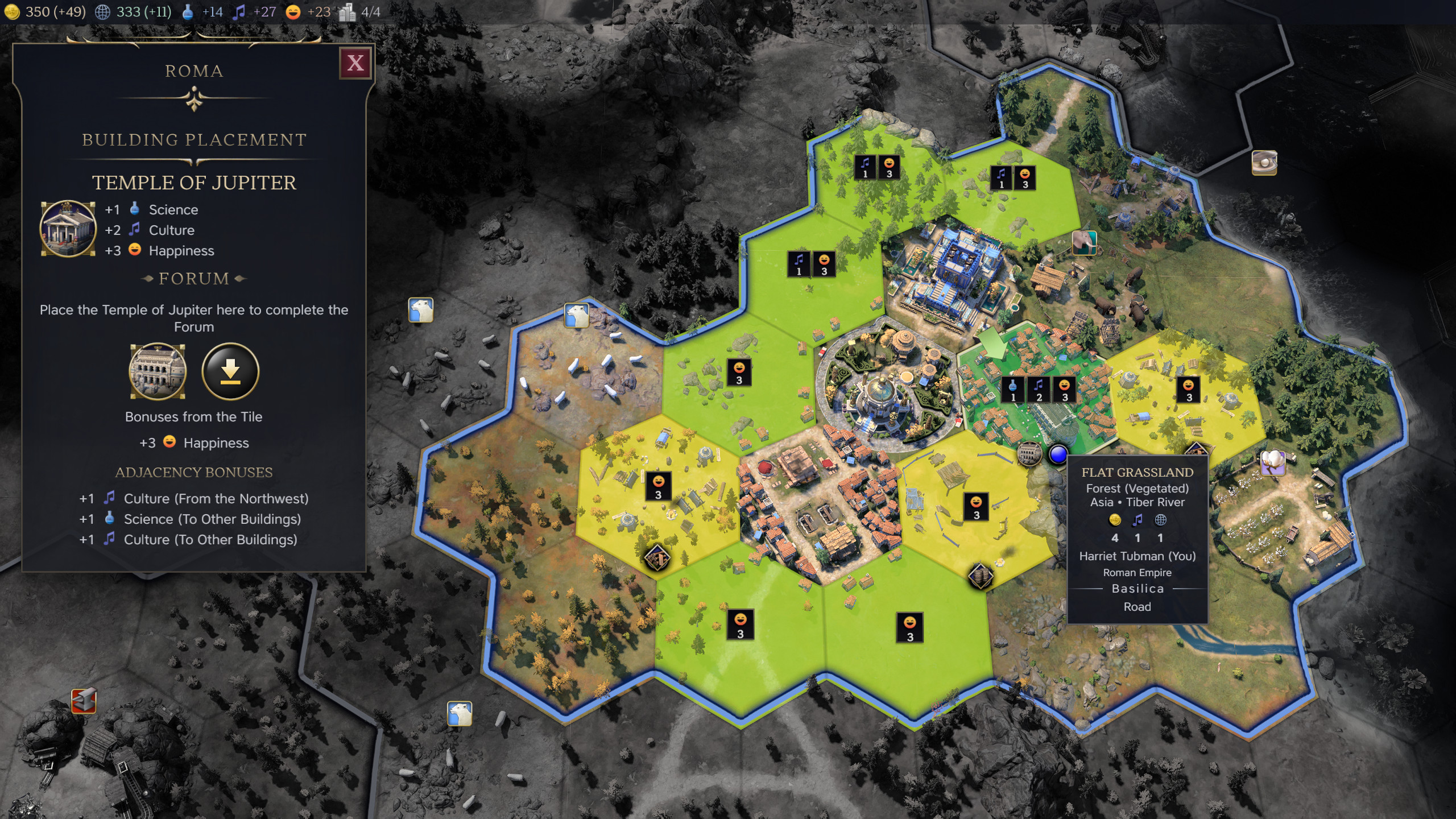
I can complete Rome’s “Forum” unique quarter by building both pieces on the same tile.
From there it operates on its own.
You’ll also notice that the Trader has a “Create Road” command.
This is a lot more important than I first realized.
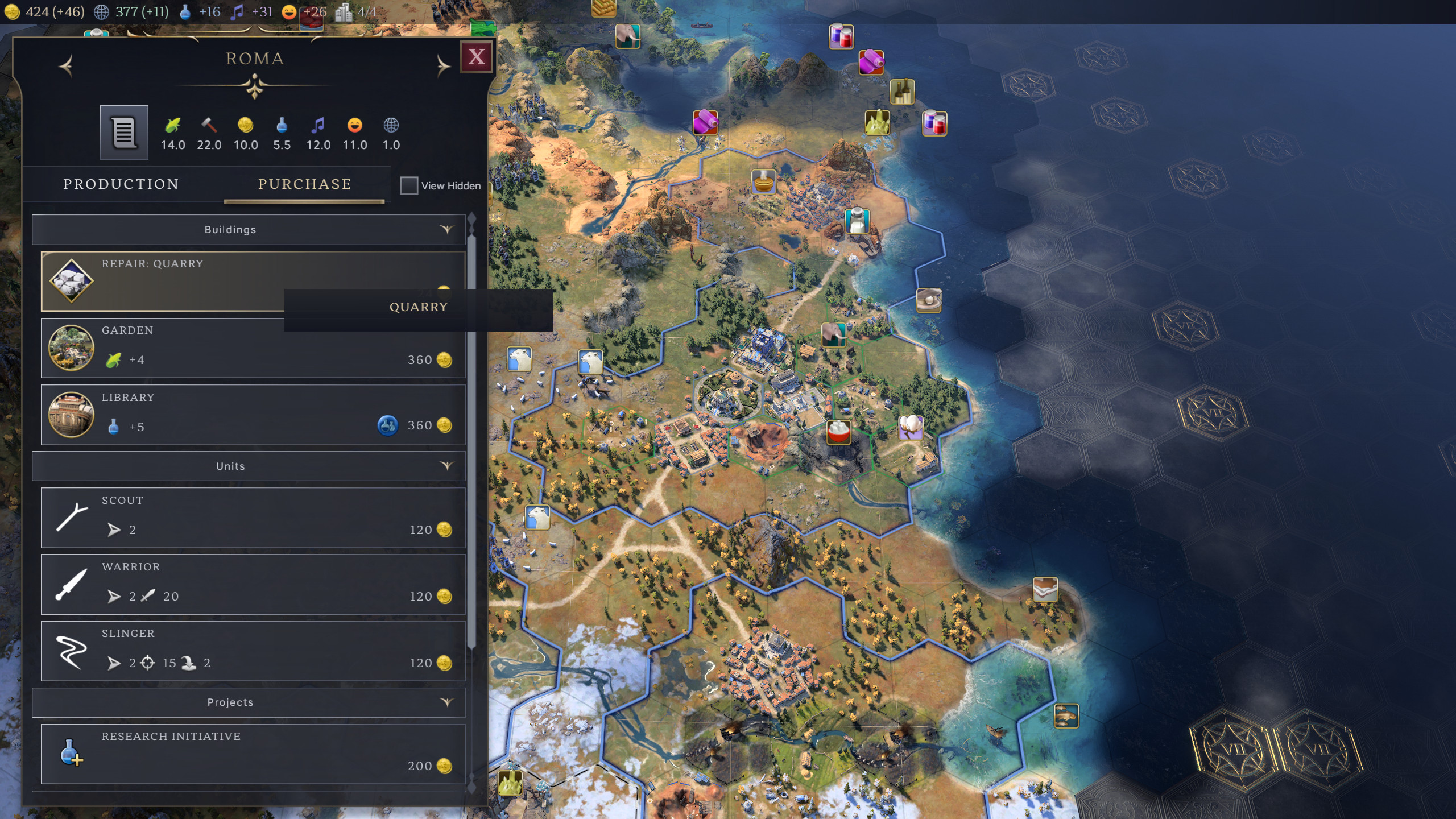
Spending gold to repair developments is usually preferred.
Settlements, when founded, automatically create a road to your nearest population.
However, that road might not take the trader straight to the city receiving its goods.
That’s your cue to build a new road to optimally connect your data pipe of settlements.
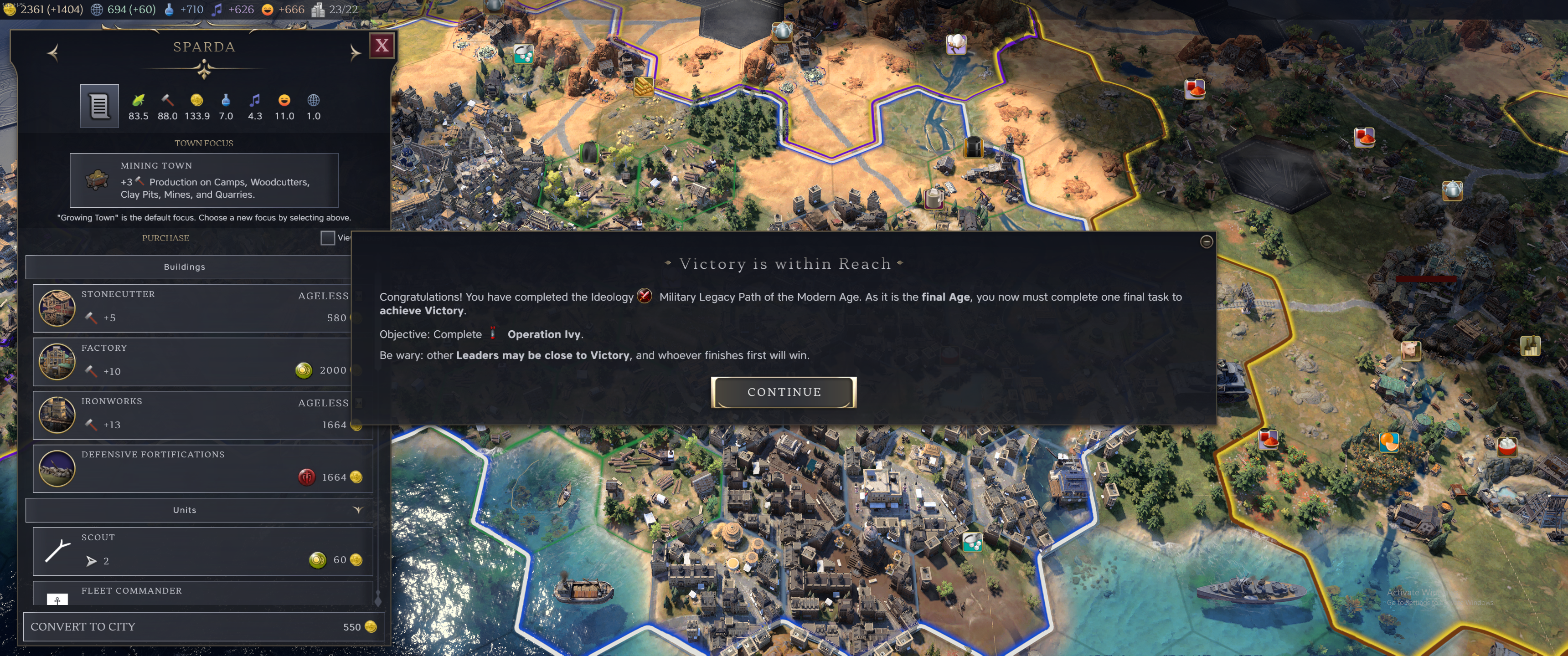
Winning with military force is never boring.
You’ll undoubtedly discover them as you scout.
Some are hostile and attack on sight, while others start out as friendly.
Your Influence points can be spent on befriending hostile independent states.
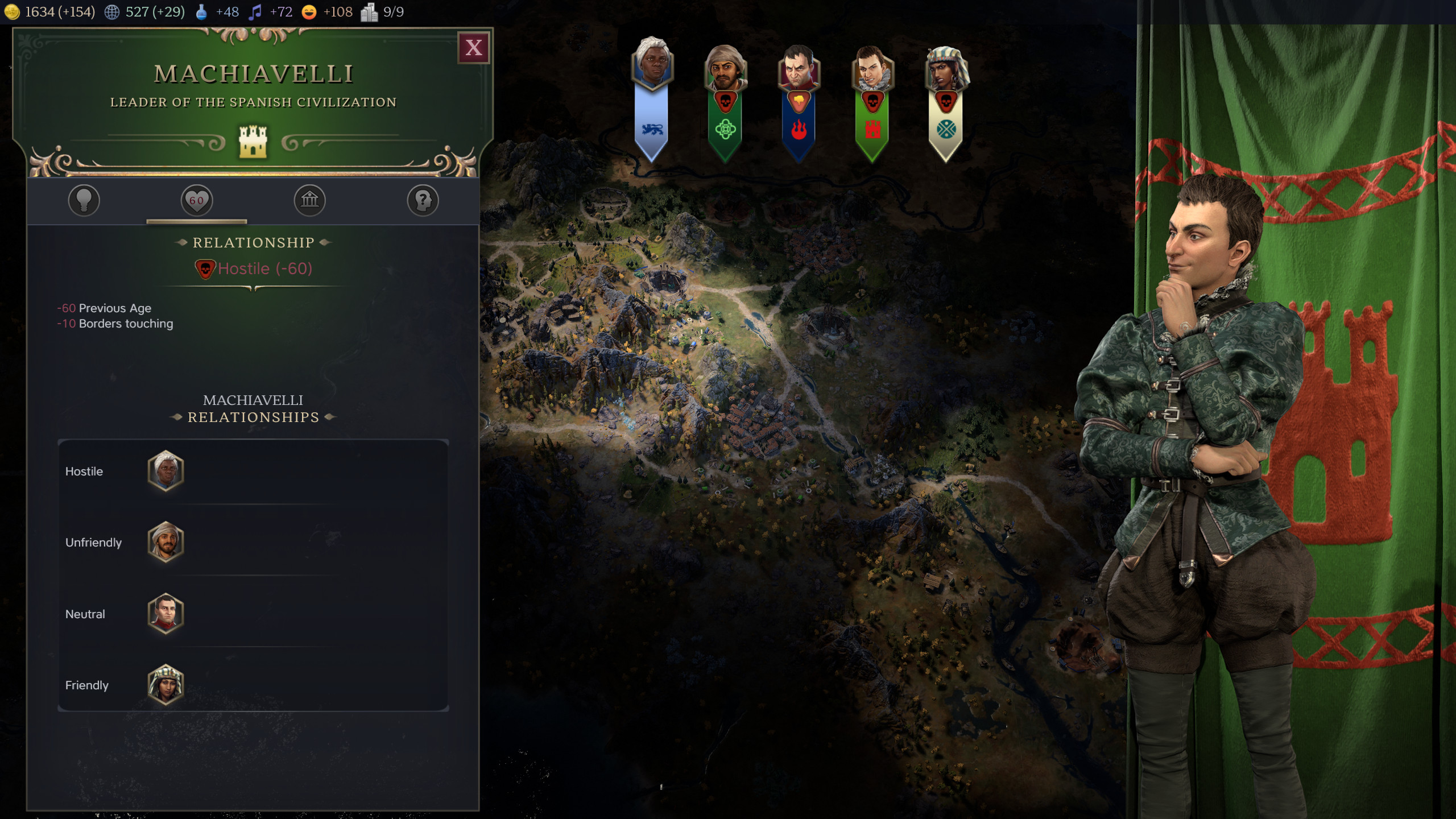
You might not want to pick a fight with a leader who has powerful allies.
You also need to watch out for other leaders attempting to beat you in the suzerain race.
You start with one capital city that uses your production value to create units.
A lower production value means it takes longer to build developments or create units.
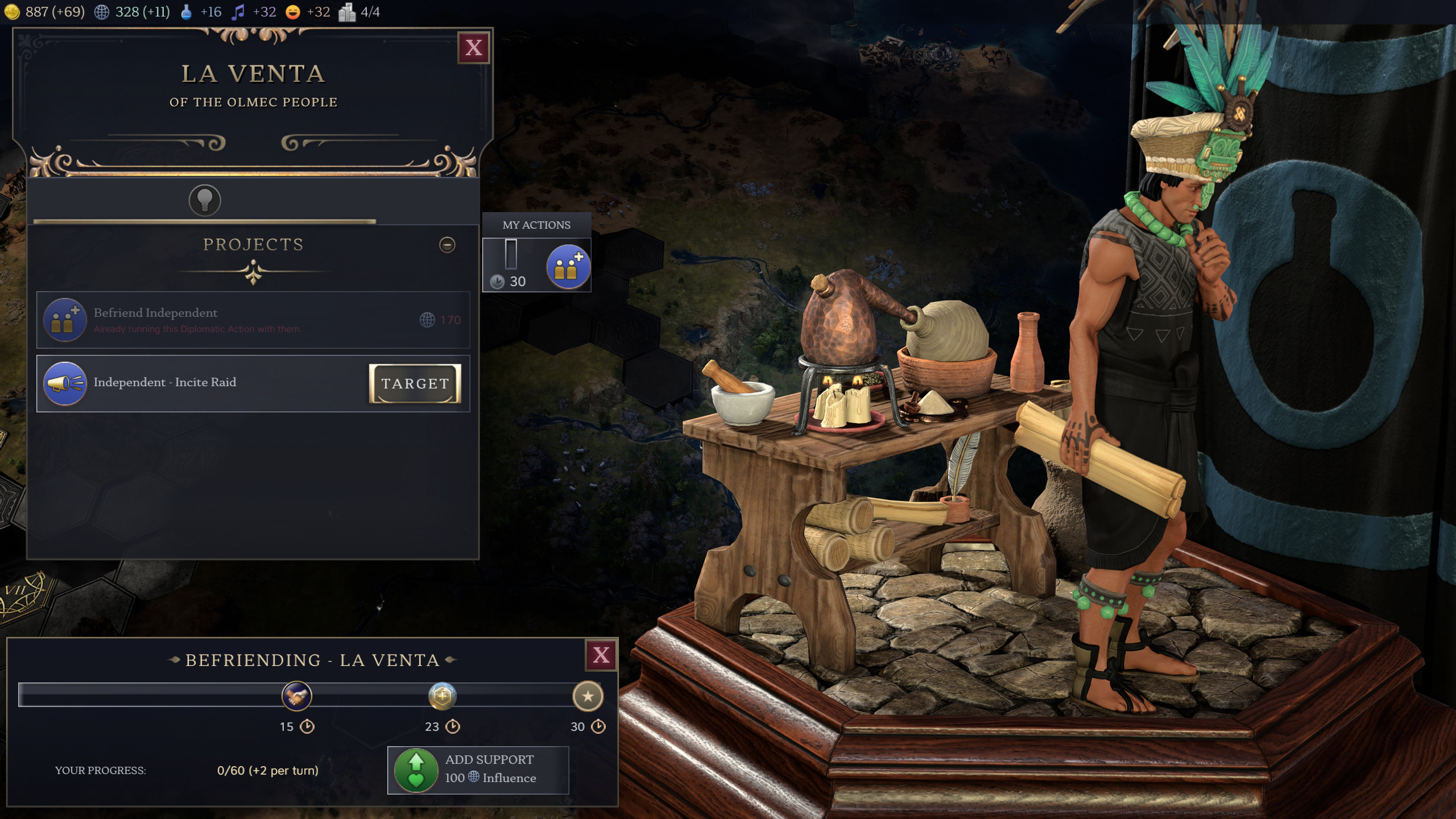
You can spend Influence to become suzerain of independent states.
Settlers then create settlements that start out small but quickly grow.
Rather than using a production queue, settlement developments and units cost gold.
Here are some tips and tricks to help you manage your cities and settlements.
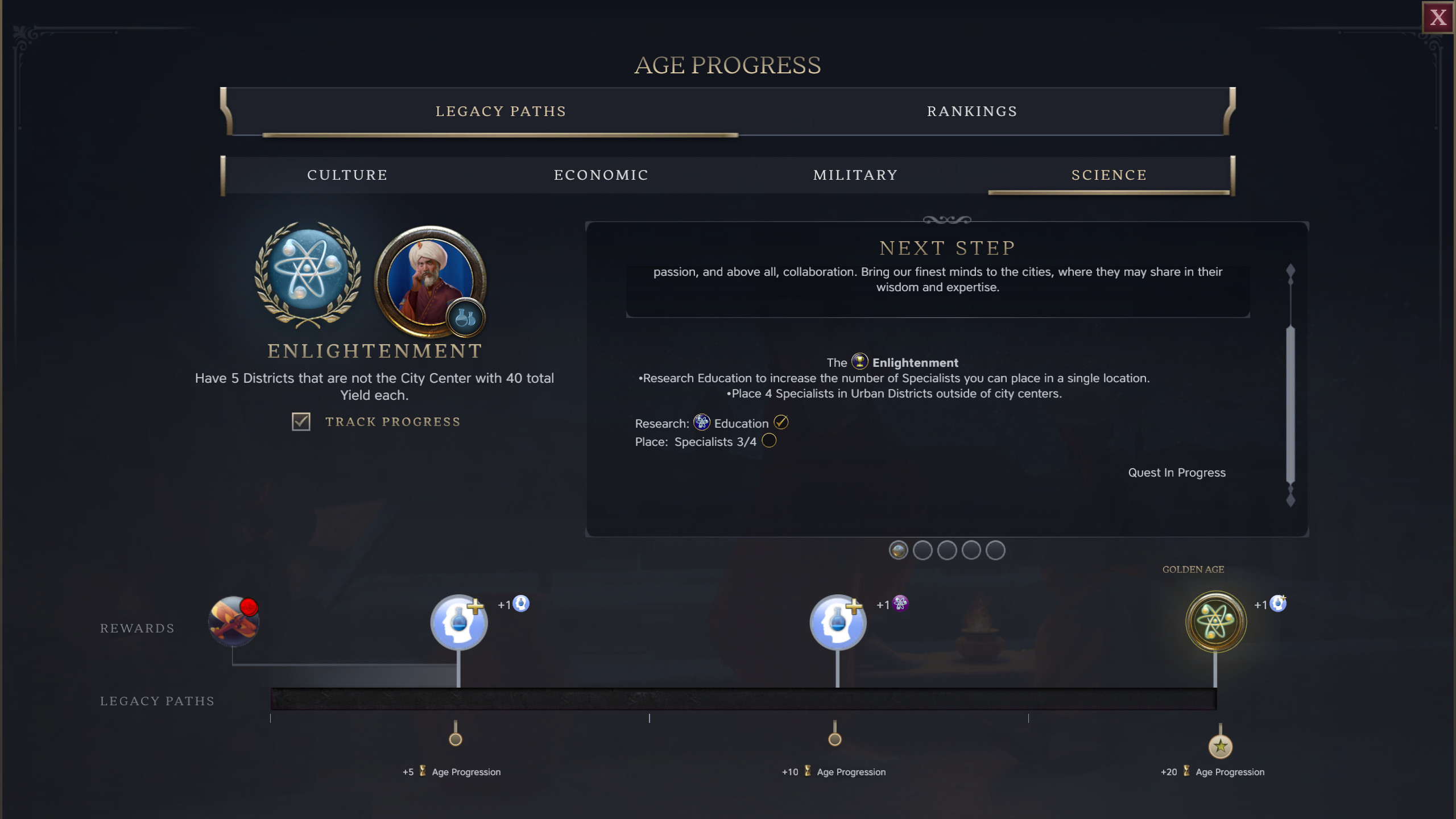
You can see how far along you are at any time via the Age Progress menu.
Adding a settlement focus can seriously multiply its output.
If it’s a mining town, you’ve got the option to usually double production.
The same goes for fishing towns located on a large river or coast.
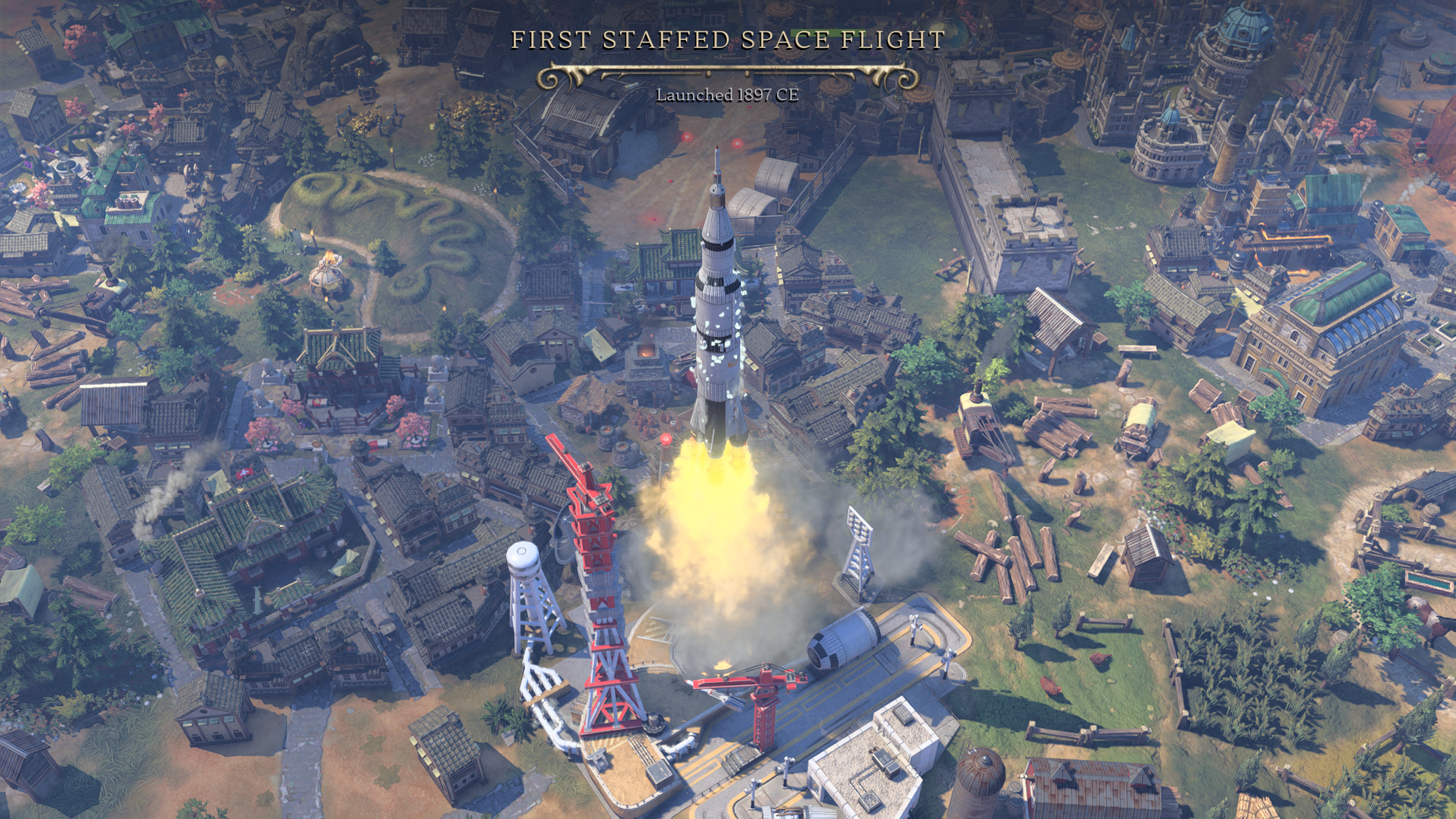
Launched a staffed space flight is the ultimate goal of a science victory.
Have a settlement that’s more urbanized?
Boost your science and culture instead with a different focus.
I still don’t know the opportune moment to switch a settlement to a city.

If you have a strong economy, it makes sense to buy buildings before upgrading.
That doesn’t work in the long run.
The game features unique quarters for each civ, and both pieces must be built on the same tile.
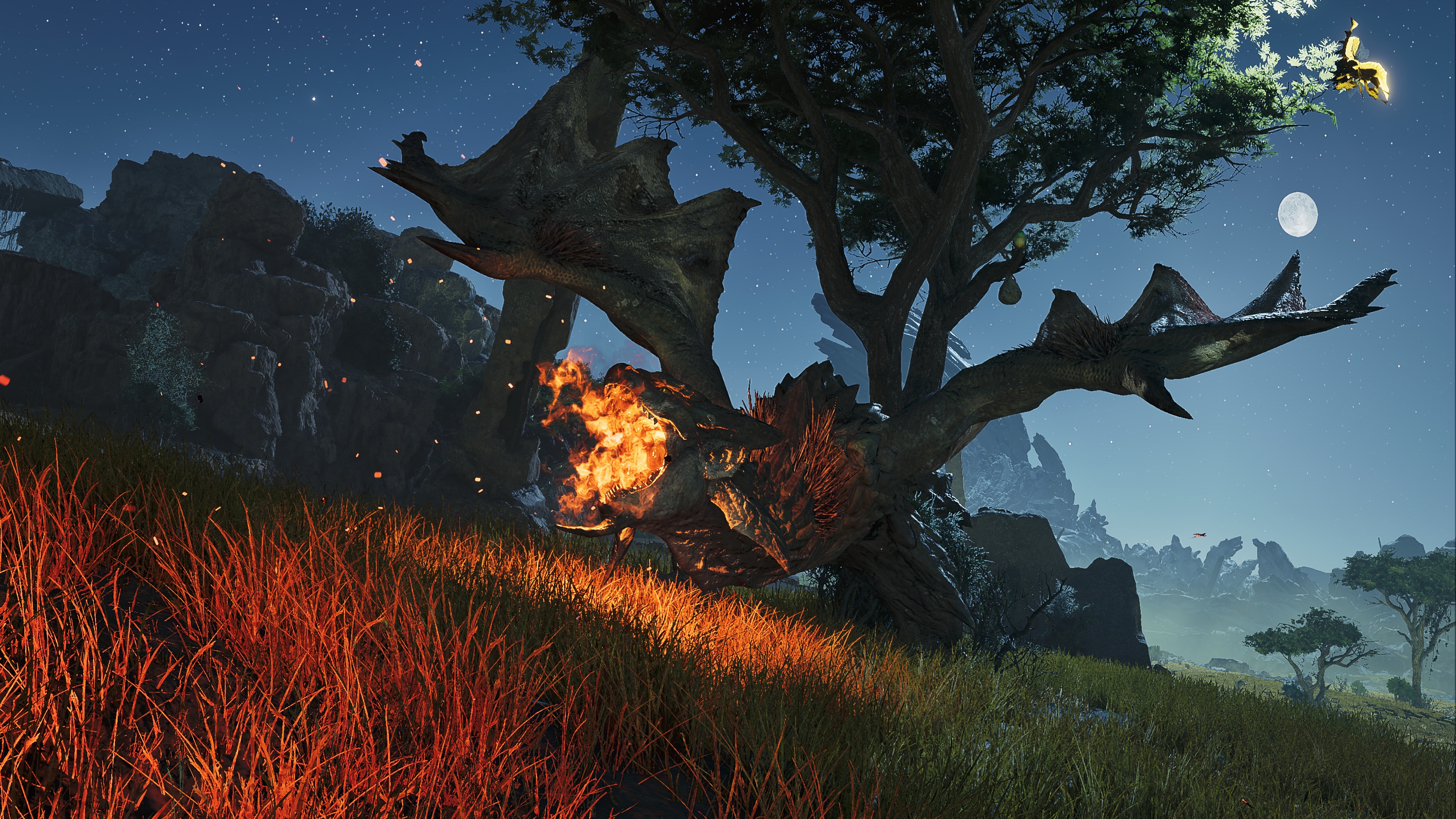
Bonus tip: attempt to balance production and food in your cities and settlements.
You need a strong foundation to have success in other areas like culture and science.
Repair your developments
Civilization 7 isn’t shy about bombarding players with natural disasters.

Those rivers that provide fresh water to your city?
Yeah, they’ll flood and damage your developments.
Settled near a dormant volcano?
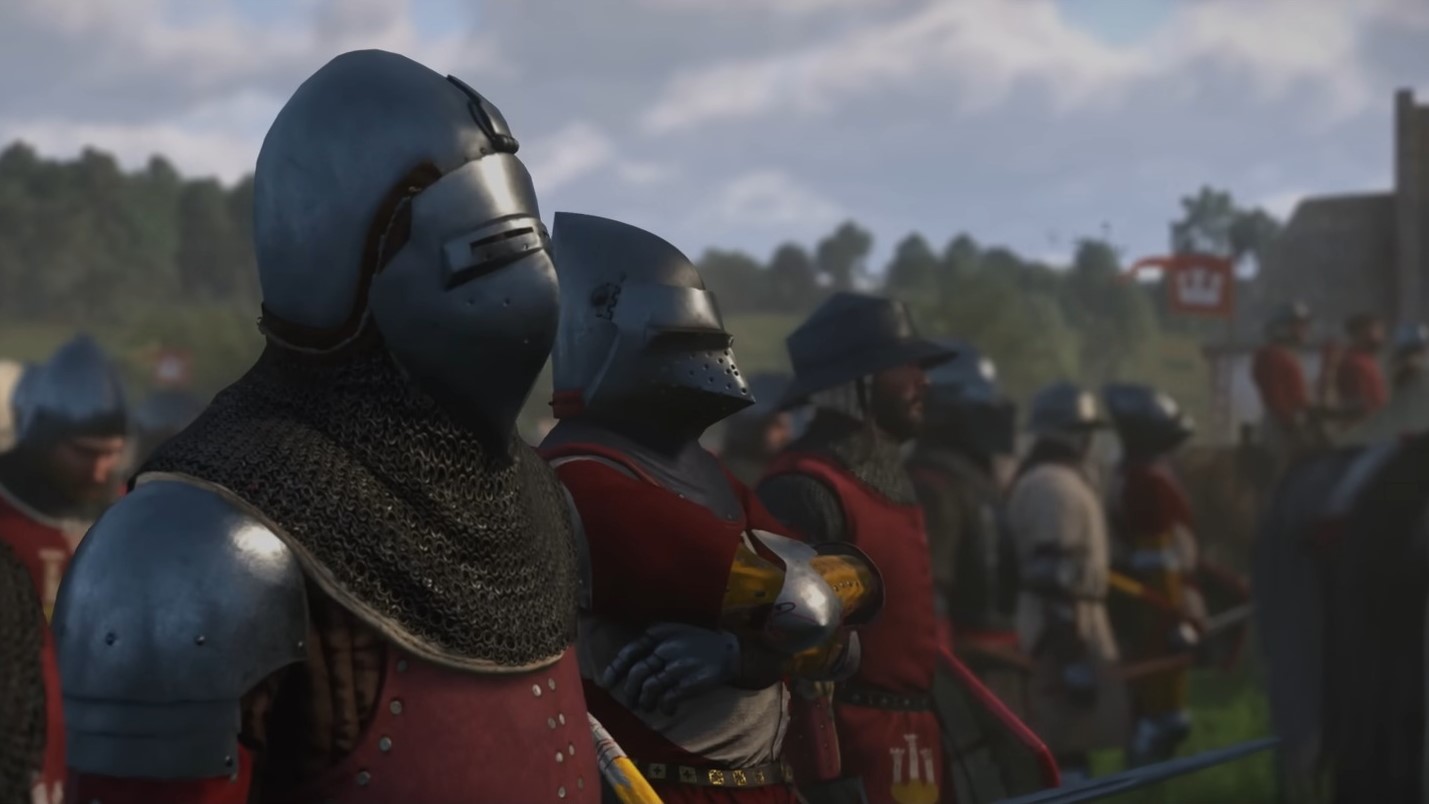
It just woke up, and it’s spewing magma all over your developed quarters.
While the game lets you spend city production on repairs, it’s much quicker to use gold.
The cost usually isn’t much, and your tiles are repaired instantly.

This also leaves your cities free to produce other units and buildings.
The game will let you know when a natural disaster occurs within your borders, and you could react.
I’ve lost troops to plagues before I noticed what was happening.
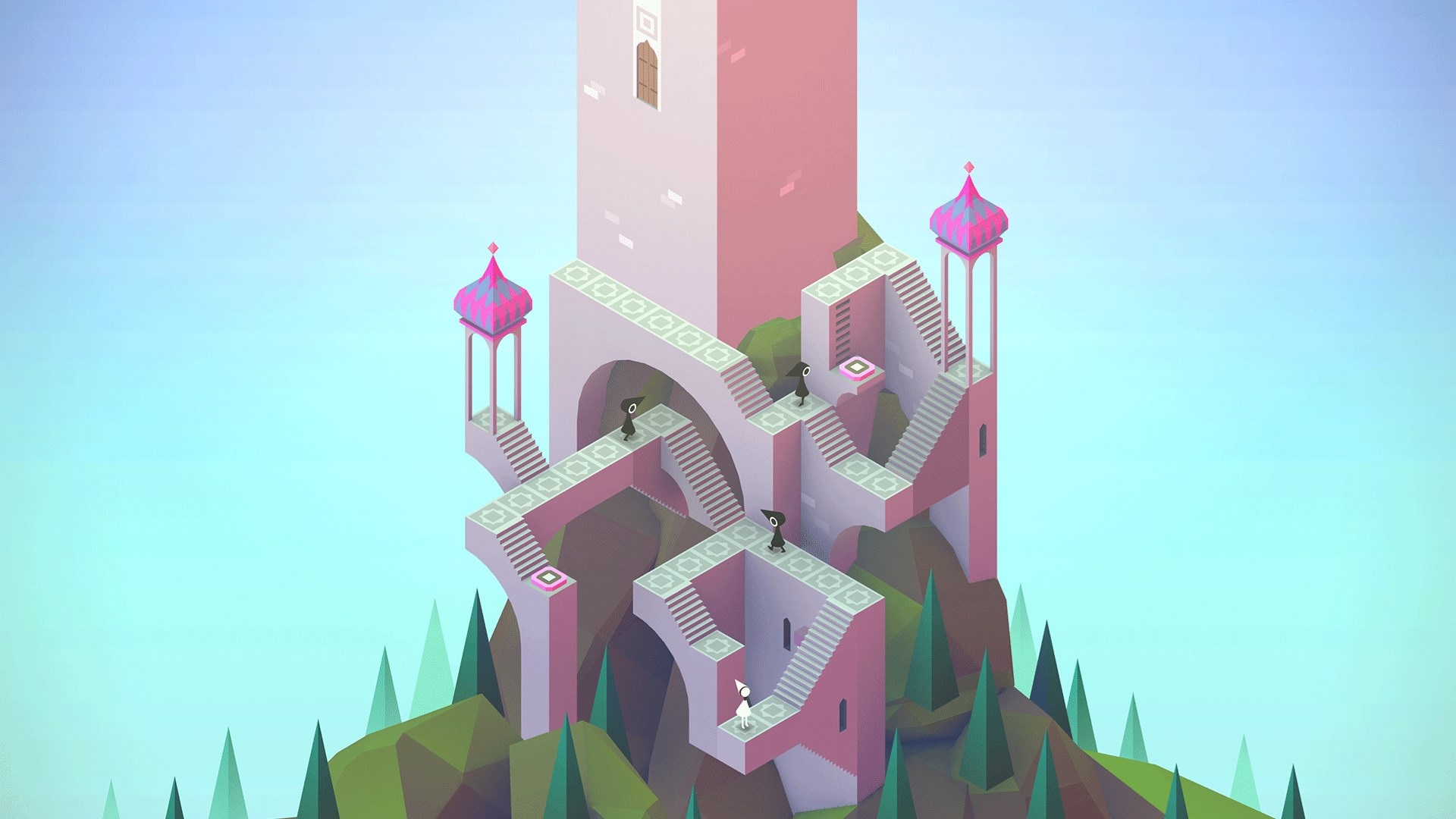
Watch for smoke or pestilence pouring out of your tiles to know which ones need attention.
Do note that you cannot repair certain tiles when a disaster is ongoing.
A blizzard will keep tiles down while it rages; the same goes for a plague.

To solve the problem this presents, you could now build over unessential developments with newer buildings.
I was reassured by developers that it’s rare to detrimentally overbuild.
Have a bunch of farms?
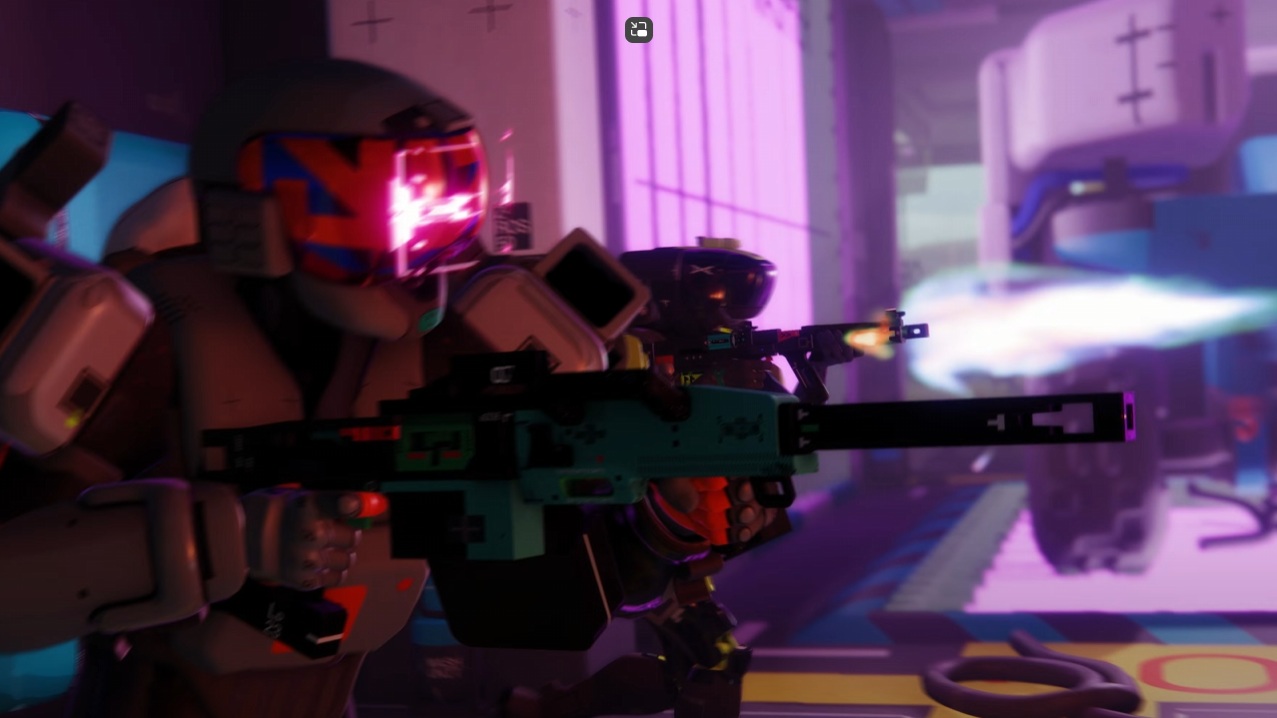
Be sure to build a Granary.
Have a bunch of woodcutters?
Be sure to build a Saw Pit.

How to wage a successful war
Civilization 7 adds new Commander units, which significantly change warfare.
Individual military units no longer receive XP it all goes to the Commander who’s within range.
In my experience, having a Commander present is basically a necessity when waging war.

The bonuses are that good.
Here are some tips and tricks for when things get gory.
Second, I recommend building at least one Warrior to protect your city and scout nearby tiles.
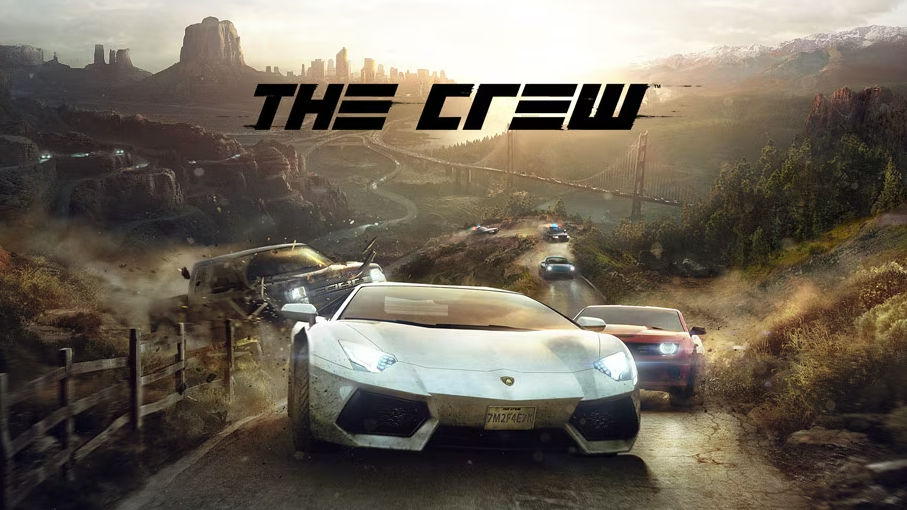
Aggression arrives quickly in Civ 7.
From there, you’ve got the option to produce or purchase more military units as required.
In other games, I find myself barely able to keep up with enemy armies.

If it dies, be sure to create another as soon as possible.
War seems to be unavoidable in Civ 7, and Commanders are the best way to gain an advantage.
Their range of command can be boosted, and so can the slots available for grouping.
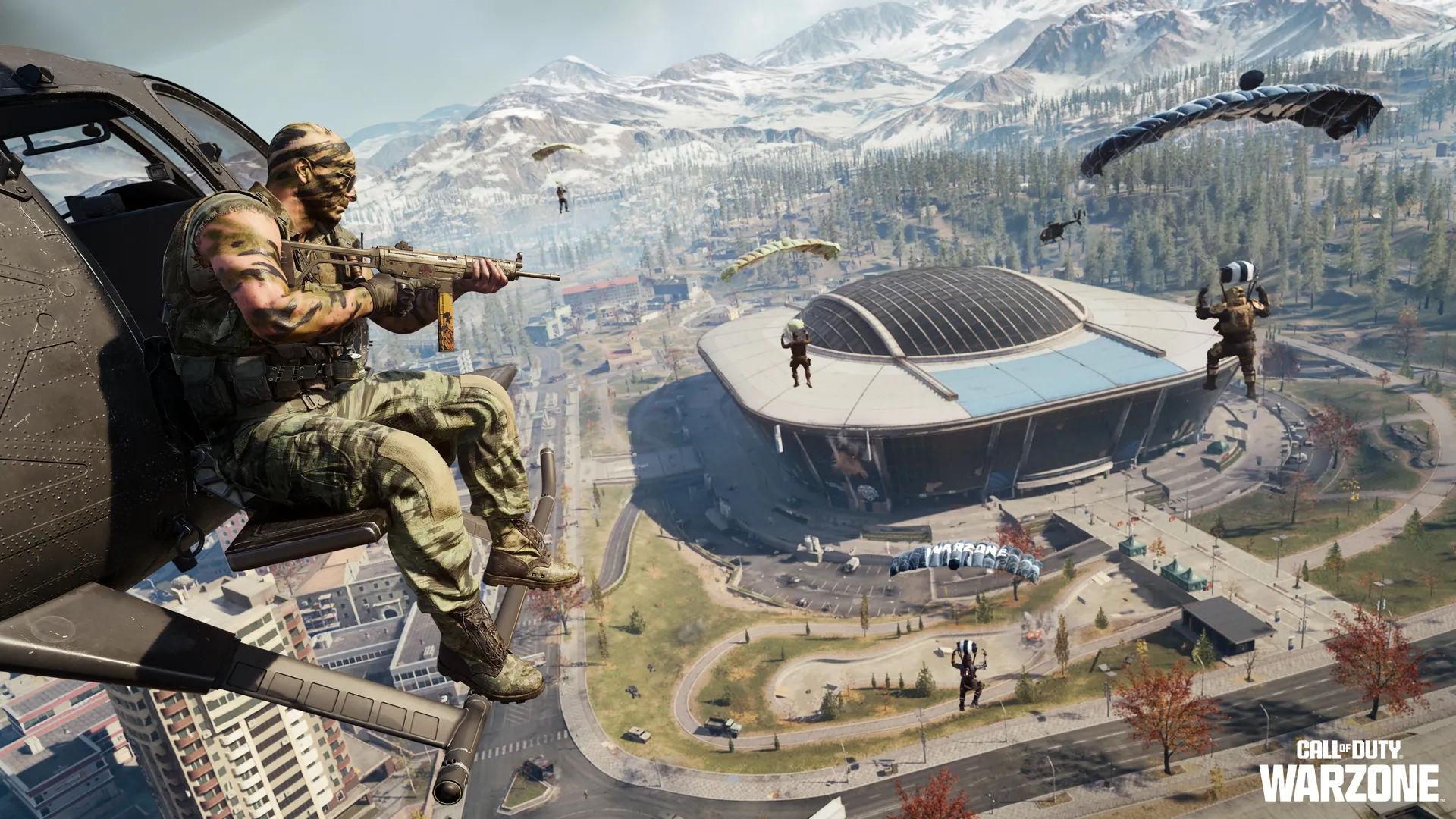
Commanders have up to six slots for military units, and I use the new mechanics all the time.
Bonus tip: You don’t need to manually move new troops into the orbit of your Commander.
Use the Reinforcement command instead, which spends turns moving your units to the Commander automatically.

When reinforcing a Commander, the units en route cannot be attacked.
I’ve got myself into some sticky situations by not checking alliances before attacking.
Balancing your own initiatives while keeping enough Influence points to counter others can be tough.
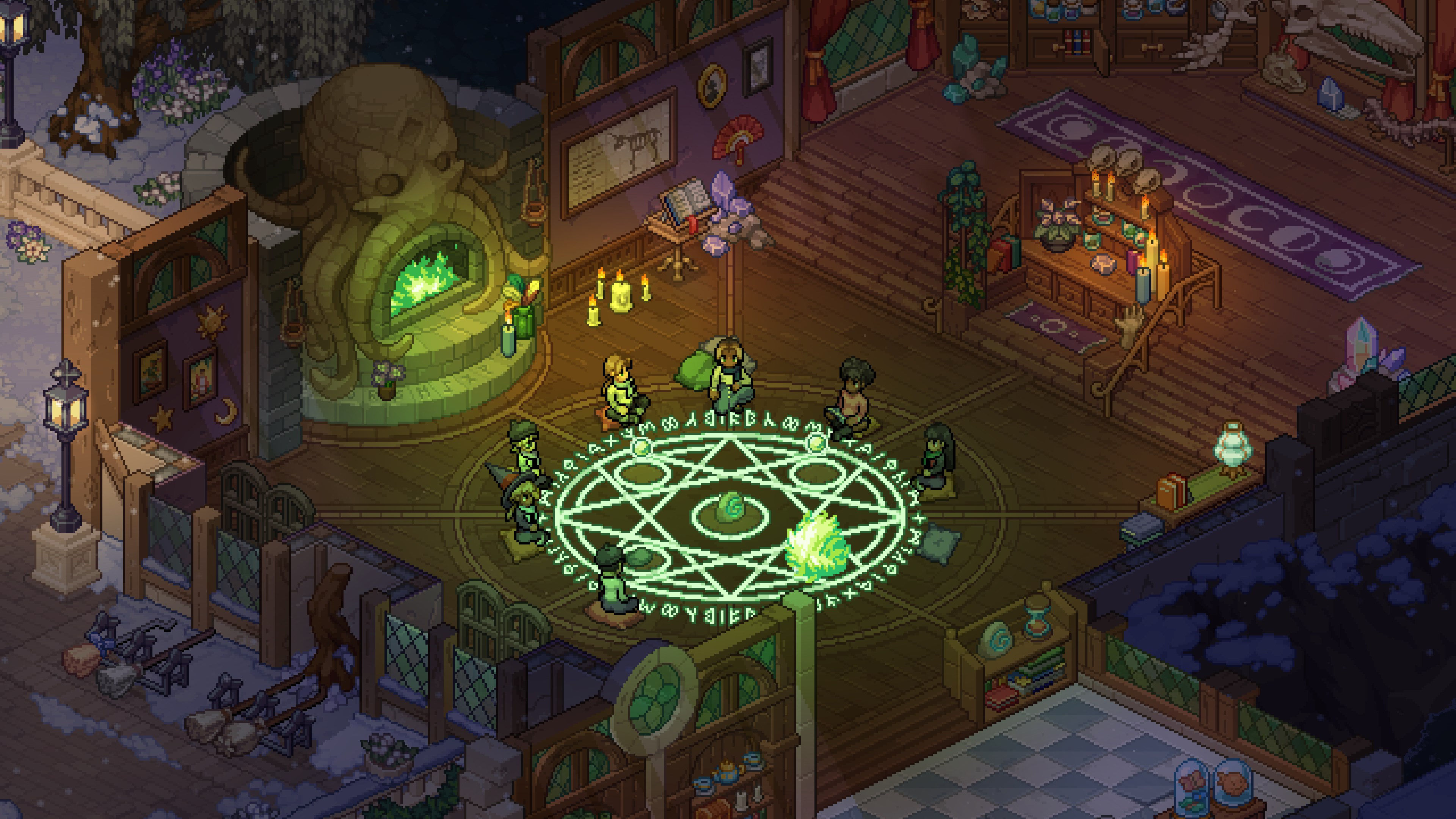
Strategically aim your war resolutions
All wars must come to an end.
When peace is proposed, you must make an agreement with your enemy involving cities and settlements.
Don’t be afraid to try your luck against AI opponents!
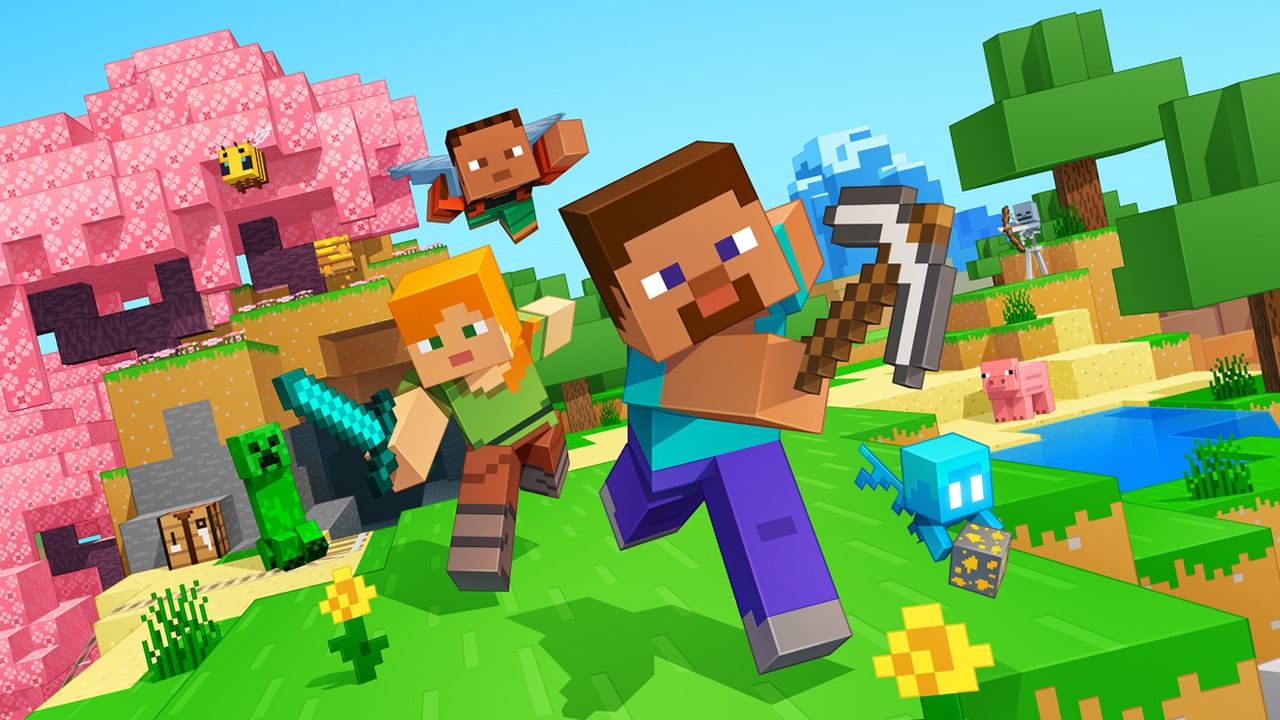
Military units unassigned to a Commander or without a settlement center to sit on are lost to time.
All cities except your capital return to Settlement status.
New independent nations spring up.
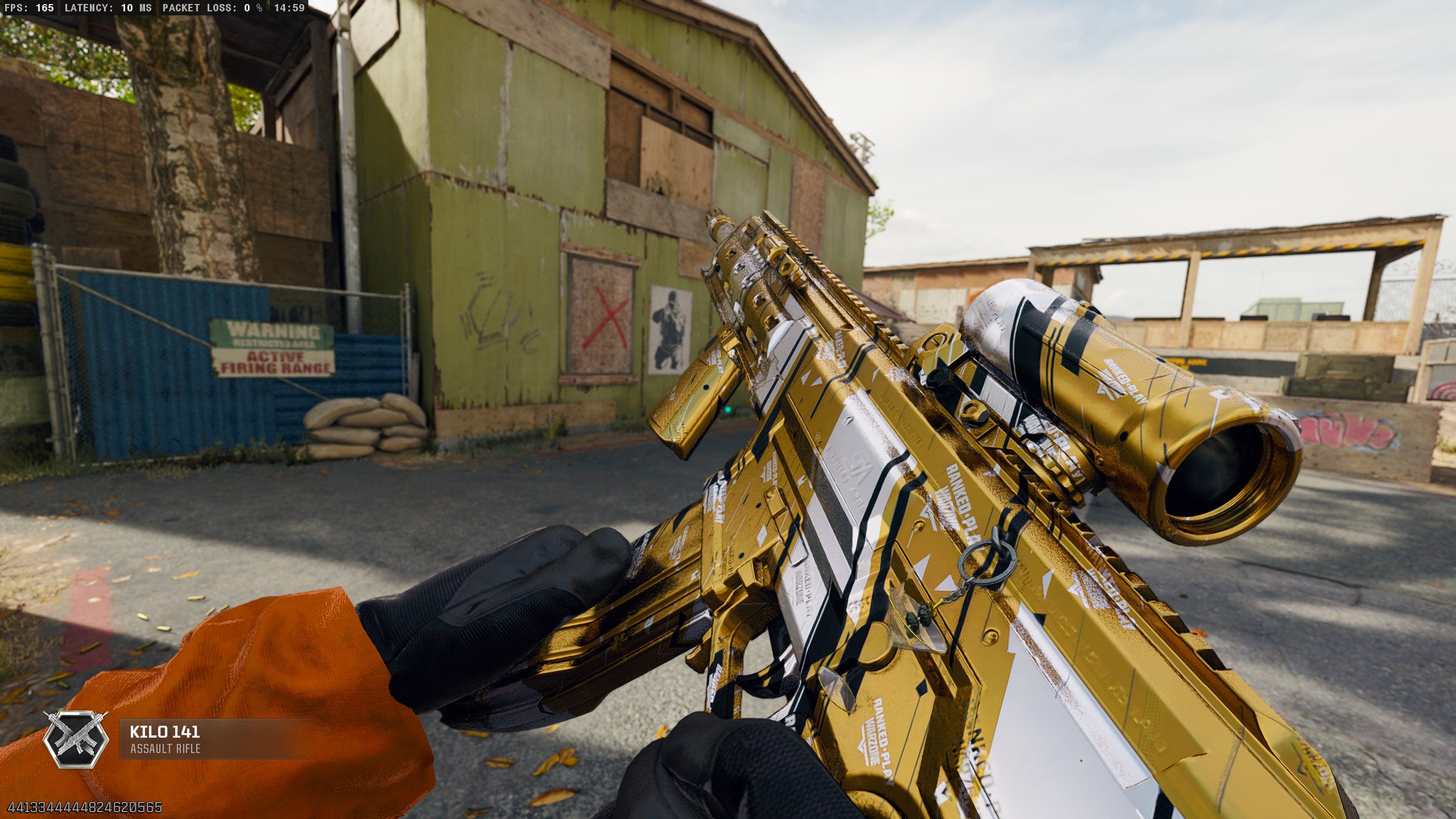
There are new Tech and Civic trees to complete.
Don’t lose track of time
Civilization 7 introduces an Age Timer to deal with the split mechanic.
Haven’t yet completed your preferred Legacy Path to unlock a Golden Age?
attempt to keep the other leaders from advancing the timer until your part is completed.
Influence points come in handy here.
Don’t miss out on unique Civics
Civilization 7 no longer has guardrails on leaders and civs.
Each civilization has a unique set of Civics alongside the general ones available to all players.
In my experience, these responses range from helpful to outright ludicrous.
Crises intensify as the Age Timer ticks up, forcing you to add more policies.
They’re reset when the Age ends.
Keeping an eye on the Age Timer allows you to prepare for a crisis.
And with all of the new major changes, employing your past Civilization knowledge won’t always work out.
Civilization VII
Civilization VII is a turn-based 4X strategy game launching on February 11, 2025.
It’s now available to preorder on all major platforms.